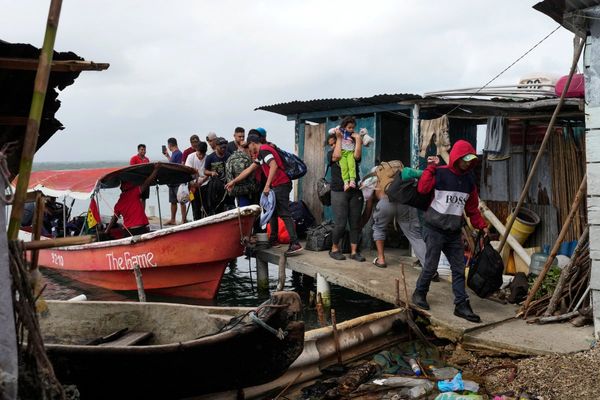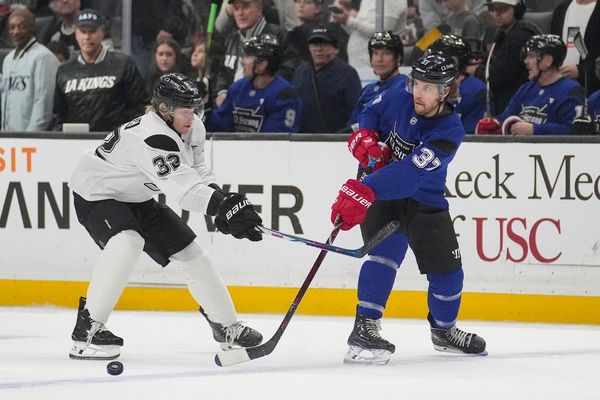
A French biotech company presented encouraging data this week from early trials of a vaccine that aims to stop tumours recurring in cancer patients.
Transgene, a company based in the eastern French city of Strasbourg, says results from a phase I clinical trial of its cancer vaccine suggest it can produce an immune response that helps stop new tumours growing.
The findings are "a solid basis" for testing the vaccine on more patients, the company told the annual meeting of the American Society of Clinical Oncology (ASCO) in Chicago.
The vaccine, named TG4050 for now, is intended for people who have already been treated for cancer and are at risk of relapse.
Tailor-made vaccine
"It’s a personalised vaccine – that means it’s designed to address the specific mutations of each patient," Transgene chairman and chief executive Alessandro Riva told RFI.
The company genetically sequences tumorous tissue removed from the patient, then uses artificial intelligence to identify the 30 mutations most likely to occur, out of thousands possible.
This information is then used to create a vaccine adapted to the patient's own cancer. It sends signals to their immune system to encourage a certain type of white blood cell, known as T cells, to recognise and destroy tumour cells.
"Each tumour is a different illness," Riva said.
Clinical trials
The vaccine is currently being tested in a trial involving 32 patients with cancers of the head and neck.
Half of them received the vaccine and the other half did not. Of the 16 patients vaccinated, all remained disease-free after a median follow-up time of around ten months, Transgene said, compared to two in the control group who saw their cancer recur.
"Over five years, there’s a 20 to 30 percent chance of recurrence. If we can avoid this risk, it’s clear we’re talking about a significant impact on patients," Riva told RFI.
It is still too early to say whether the vaccine is truly effective.
Transgene and its partner NEC Corporation, the Japanese IT company that developed its AI analysis system, hope to move on to a phase II trial on more patients later this year, as well as beginning a new trial on people with ovarian cancer.
Medical advances
Christophe Le Tourneau, an oncologist at the Institut Curie in Paris – which is involved in the Transgene study and others – told French news agency AFP there had been "significant technological progress" on therapeutic cancer vaccines.
Other researchers are also working on vaccines targeting lung cancer, types of brain tumour and the HPV virus linked to multiple cancers.
Several new advances were presented at the ASCO conference this week, including a daily pill from AstraZeneca that promises to dramatically reduce deaths from lung cancer.
Another treatment developed by French pharmaceutical company Servier aims to block the progression of brain cancers, which are especially hard to treat.







